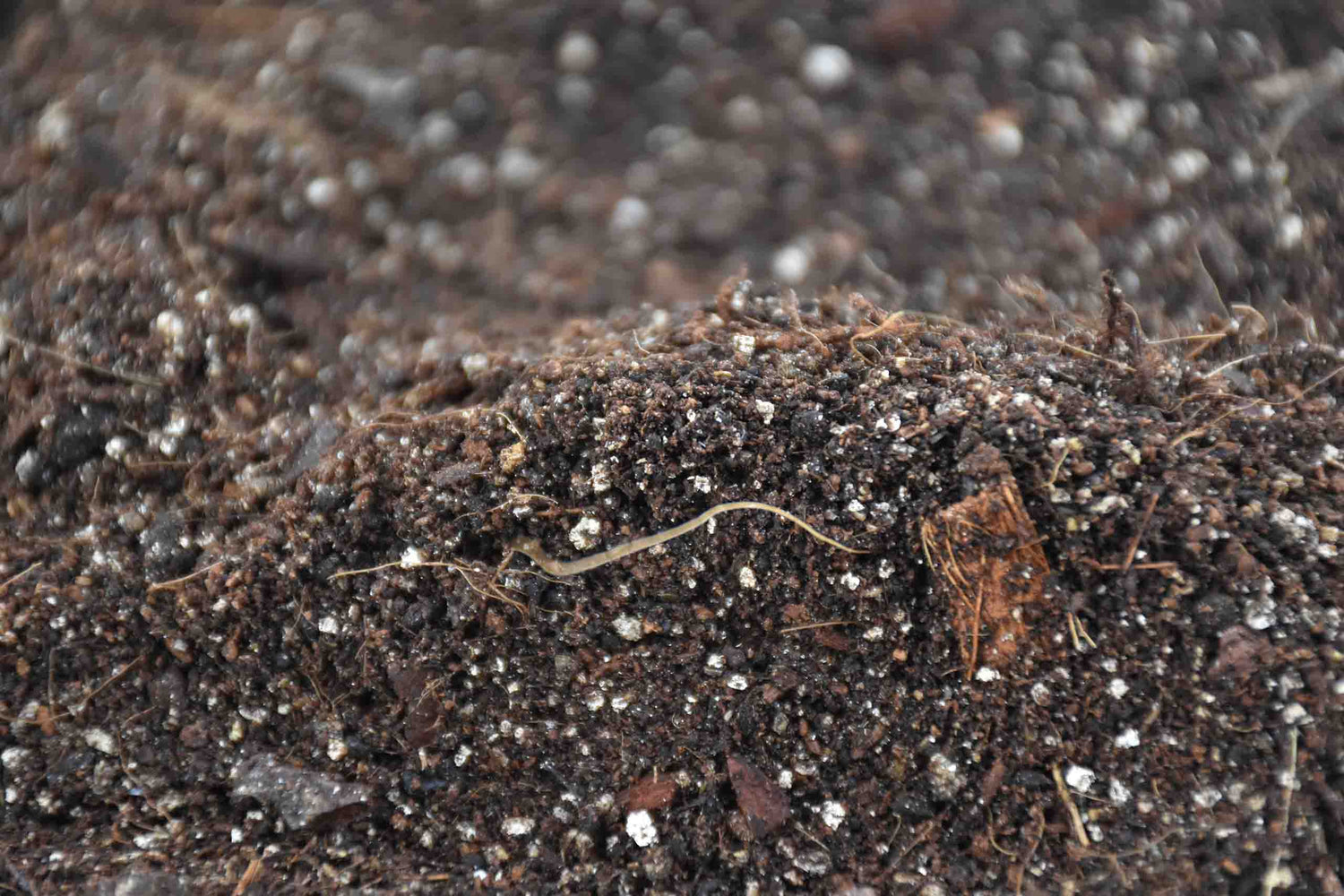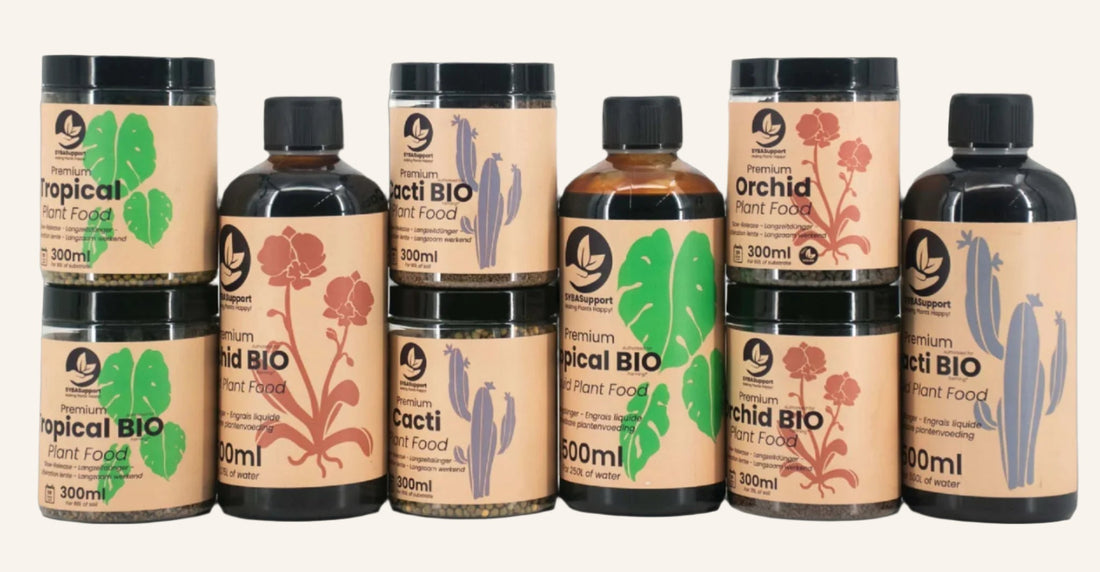Feeding your plants properly is just as important as giving them the right soil. The right nutrients help your plants grow stronger, develop lush foliage, and bloom beautifully. But with so many options and conflicting advice, it can be confusing.
This ultimate FAQ will guide you through everything you need to know about plant food for houseplants — so your plants stay truly happy and healthy.





